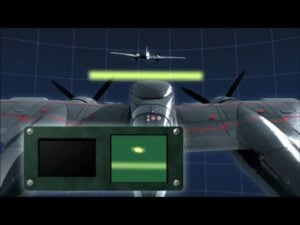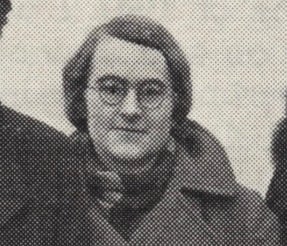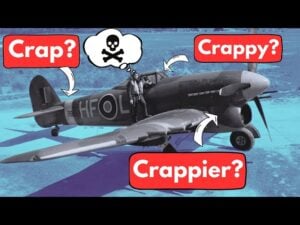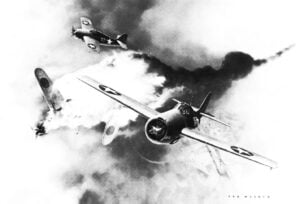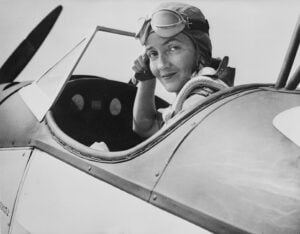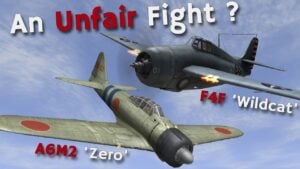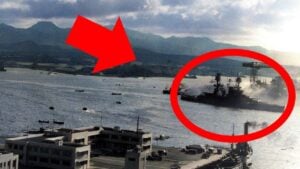The SR-71’s Special Fuel
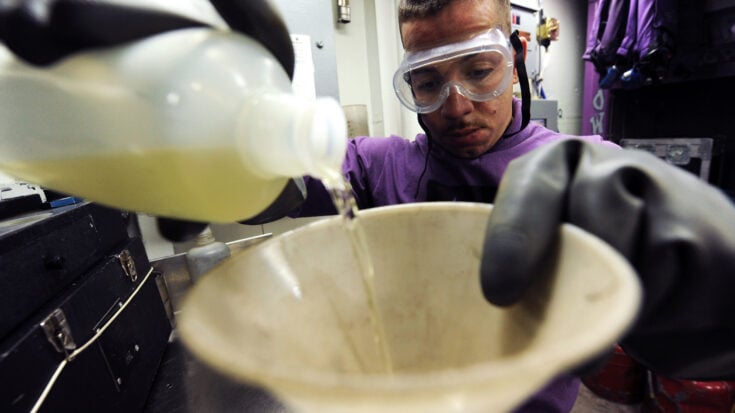
YouTube / Animagraffs
The SR-71 Blackbird remains one of the most extraordinary aircraft in history, capable of sustained Mach 3+ flight at altitudes above 80,000 feet. Achieving these speeds and heights required more than advanced aerodynamics and powerful engines. The aircraft’s performance relied on a specialized fuel with unique thermal and chemical properties, designed to handle conditions far beyond conventional jet fuels.
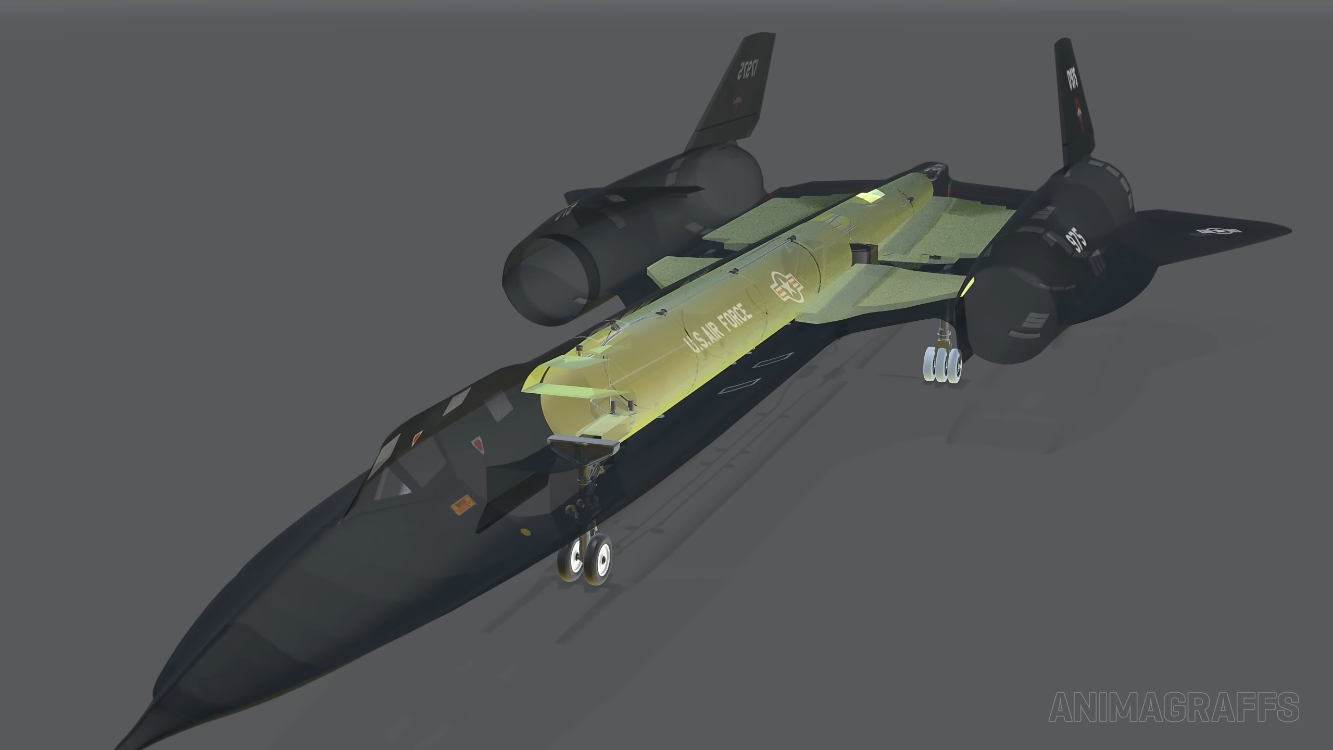
Fuel Beyond Comparison
The SR-71 used Jet Propellant 7, or JP-7, developed specifically for the Pratt & Whitney J58 engines powering the Blackbird family. This fuel had a high flash point and remarkable thermal stability, allowing it to remain liquid despite the extreme heating that occurred during supersonic flight. As the aircraft’s uninsulated tanks absorbed the heat generated at Mach 3, JP-7 not only powered the engines but also served as a coolant for critical components, from the landing gear and hydraulics to avionics and even the cockpit environment.
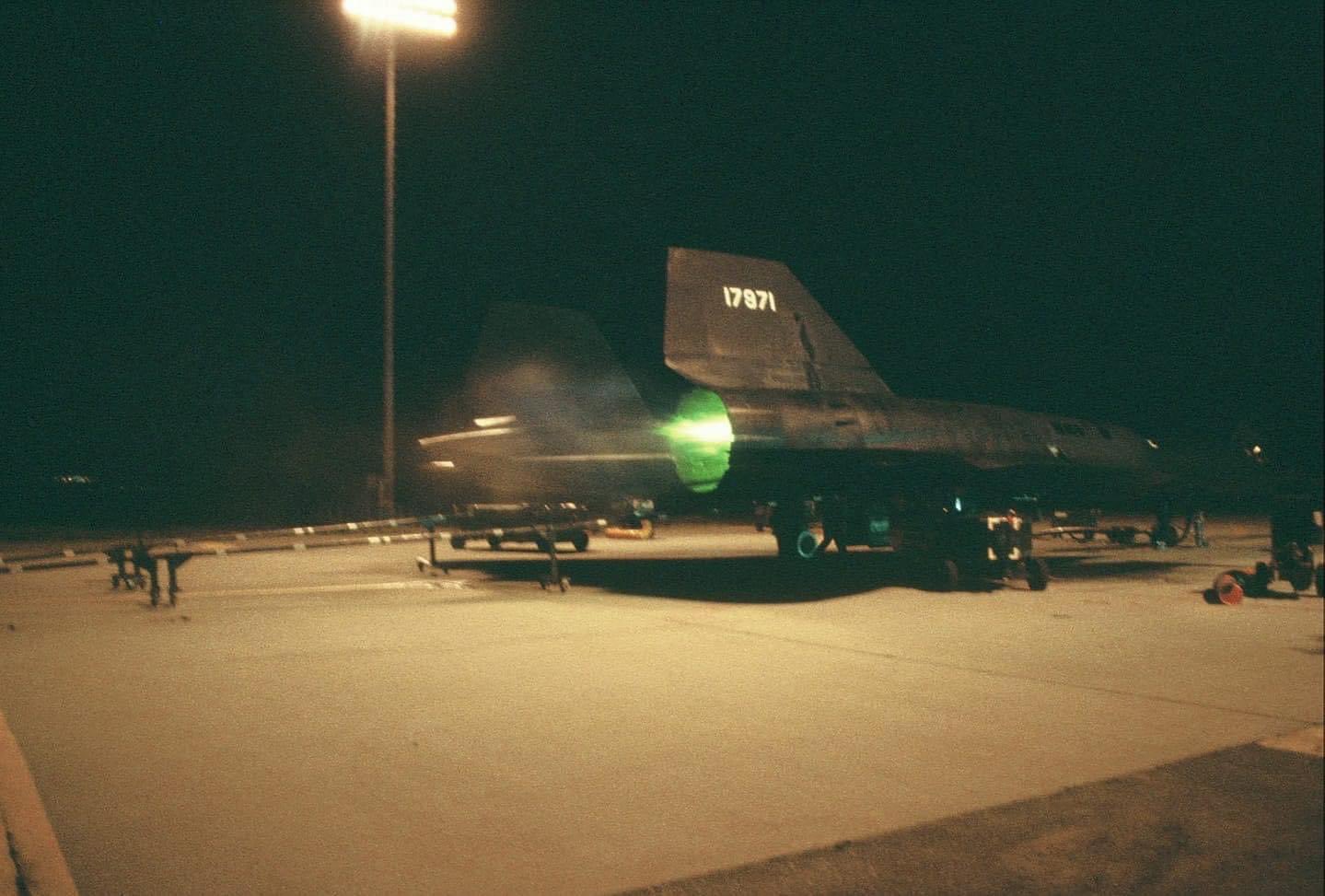
Logistical Challenges and Support
The uniqueness of JP-7 extended beyond the aircraft itself. Specialized KC-135Q tankers were required for in-flight refueling, modified to handle JP-7 and ensure contamination-free delivery. Boom operators trained specifically for Blackbird missions managed radio-silent procedures and precision refueling, extending the operational range of the SR-71 far beyond what it could achieve on internal fuel alone.
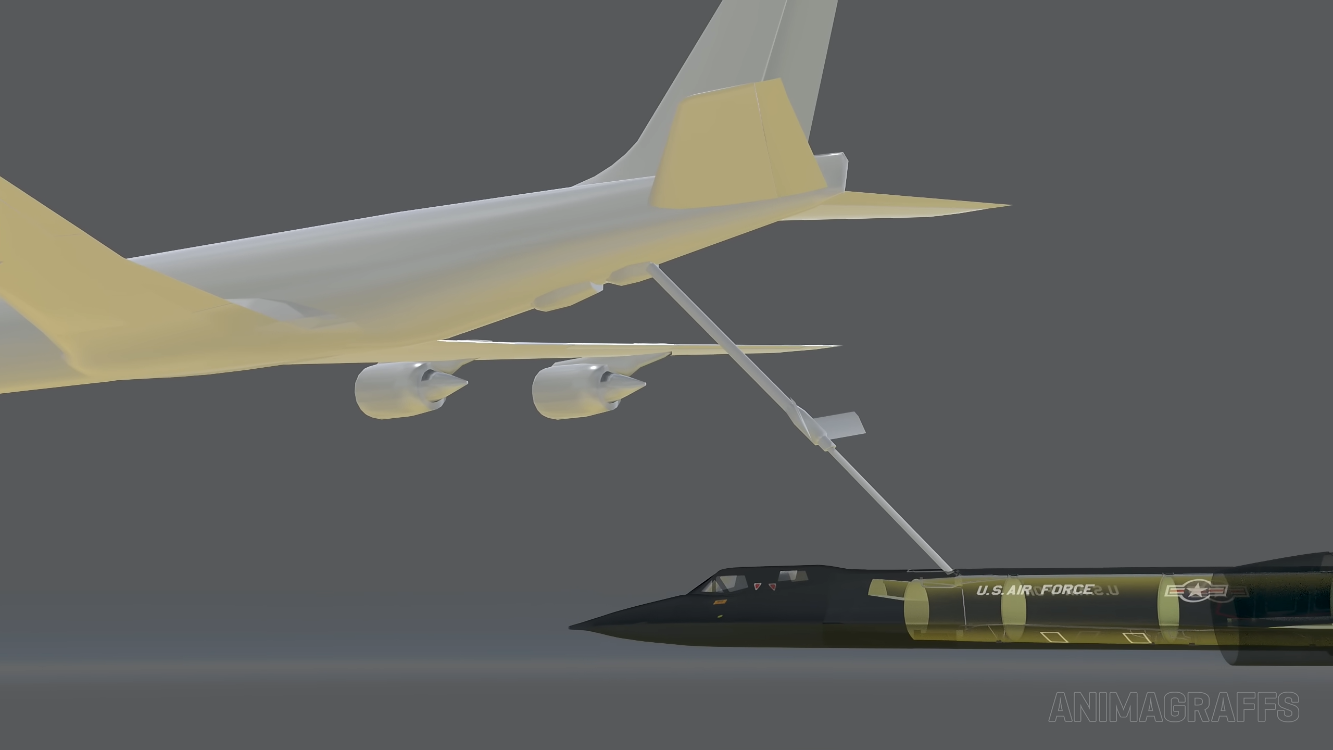
Legacy of an Engineering Feat
JP-7 was used almost exclusively for the Blackbird family, with only one other application in the experimental Boeing X-51A Waverider. Its creation exemplified the ingenuity needed to overcome the extreme demands of high-speed, high-altitude flight. The combination of the J58 engine and JP-7 fuel allowed the SR-71 to operate at unprecedented speeds, leaving a lasting legacy in both aviation engineering and aerial reconnaissance.














